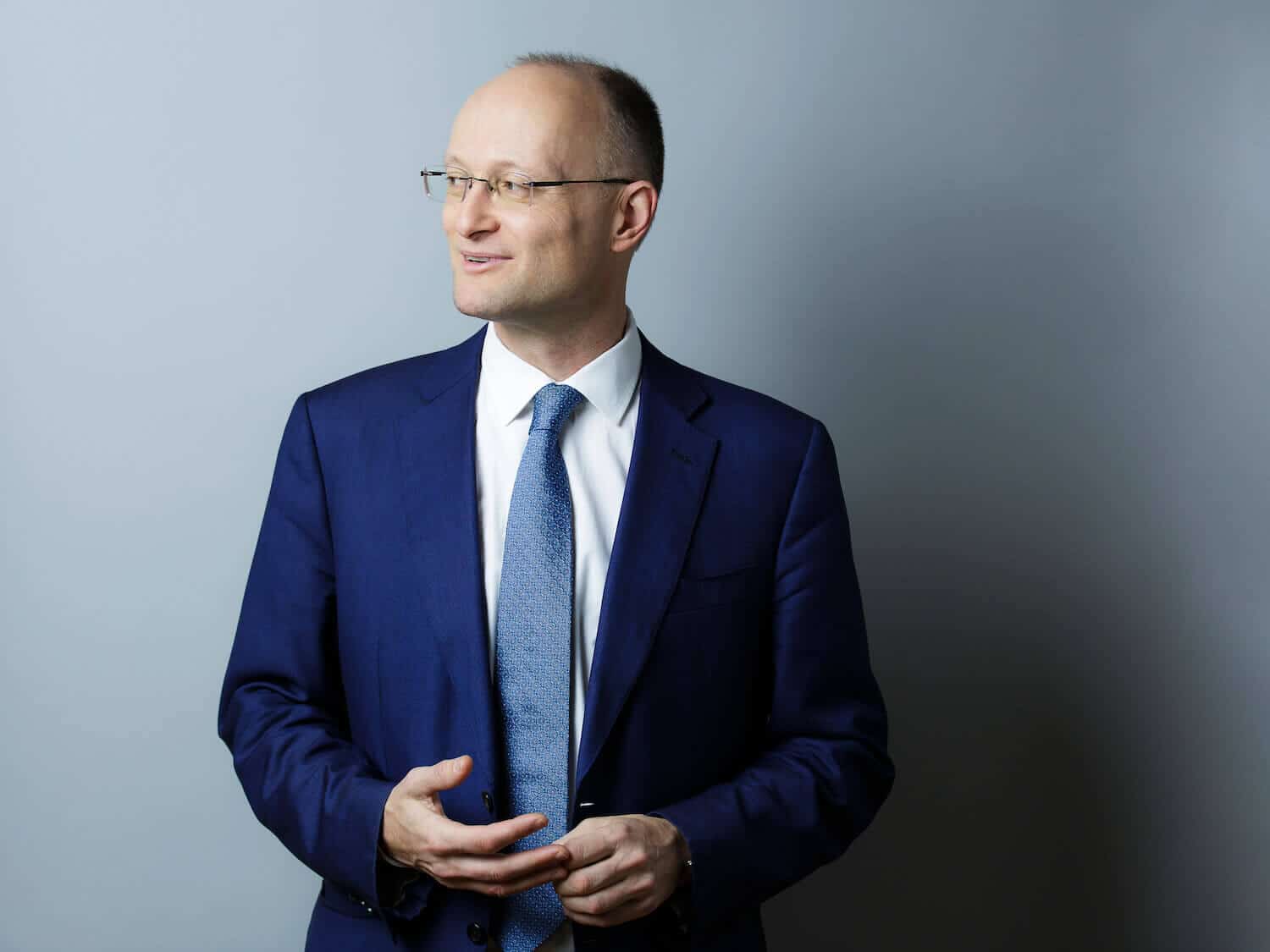Austrian executive search consultant Dr. Roman Seligo does not define executive search as exclusively searching for and placing “top managers” or “C-level candidates”, though this might be the prevailing impression among those outside the industry. To Seligo, the quality of advice and consultants is the deciding factor that distinguishes executive search from traditional personnel consulting. “There are basically two approaches to achieving this high quality of consulting. Either the consultant has years of experience in the field of executive search or they have previously gained extensive experience in a management position”
Executive search consultants with management experience meet clients at eye level
In addition to qualifications in economics and law, Seligo also has many years of management experience, including as the overall manager for the Central European region of an Austrian tobacco company. This background also enables him to put himself in the customer’s shoes and thus meet him at eye level. “It’s also about listening. It’s very important to understand what the customer’s needs are.” Furthermore, his own management background allows Seligo to justify more “unconventional” personnel proposals. “Personally, I have always aimed to employ at least 50% lateral hires in my own teams, and I try to help my clients understand the benefits of lateral hires in management positions.” This is not always easy, however, as companies tend to be conservative, depending on the industry, and tend to look for a candidate who fits the job profile exactly, he says.
High-quality consulting also depends on the compensation model
An excellent executive search consultant has the experience to be able to look behind the facade. “If you’re looking for a salesman, it’s clear that he can sell himself well in an interview; after all, that’s his job. What’s crucial is that I see what’s just verbiage.” The quality of interviewing and subsequent reporting that an experienced consultant can provide goes far beyond what can be achieved with job advertisements and research on social media networks like LinkedIn. According to Seligo, the huge difference in the quality of consulting approaches starts with the different compensation models. Companies that bill their clients based on a retainer have vastly different possibilities and resources compared to a company that is compensated upon completion of the assignment. The latter also tend to be interested in a quicker close, whereas Seligo estimates that an executive search consultancy takes three to four months, depending on the case. “We don’t have easy searches; that’s not what we do. I actually had cases that took over a year. But the client was aware of this before that fact.” Other companies, tend to work with quantity instead of quality: “There are recruiters who literally just send out resumes of candidates to as many companies as possible, sometimes even unsolicitedly.”
Executive search is always a question of relationships – especially in Austria
Networks and relationships are essential for doing business in any country. However, according to Seligo, they are even more crucial in Austria – especially compared to Germany This does not only refer to executive search, but to all business sectors, he said. “In Germany, you can actually still sign a contract via cold , which would not be possible at all in Austria. In Austria, even commercially less favorable contracts may be concluded if personal contact is a given.” A price difference would tend to be perceived as greater in Germany than in Austria, where 500 or 1,000 euros would make no difference. The quality level is generally very high in Germany, but the price level is correspondingly higher, Seligo says.
The second largest executive search network in the world
A network of 90 companies in over 50 countries, all of which have actual office locations, is a rare occurrence. As the second largest integrated executive search network in the world (Hunt Scanlon Global 40, 2021), InterSearch is particularly well-connected, says Seligo. His company “Dr. Pendl und Dr. Piswanger” has exceptional contacts and access to the Eastern European market due to its location in Austria. Additionally, the firm has a close working relationship with their German counterparts. While the two countries have always been close because of their geographical proximity as well as their cultural and historical backgrounds, German and Austrian InterSearch members also collaborate on countless projects: “Because of our unique network, we have excellent opportunities that allow us coordinate internationally, develop collaborative projects and define our joint priorities.” International and interdisciplinary practice groups identify potential for innovation in different aspects of the business, Seligo explains: “The topics range from technology to diversity and help us further develop executive search for the future.”
Dr. Roman Seligo
With more than 20 years of management experience in corporations in the consumer goods industry, Dr. Roman Seligo has been working as a management and personnel consultant since 2011. As a Partner and Senior Consultant at Dr. Pendl & Dr. Piswanger GmbH in Vienna, he oversees the Life Sciences, Consumer Goods (FMCG) and Technology divisions, as well as Executive Coaching, Board Practice and Market Entry. He also heads the Practice Group “Life Sciences” within the international InterSearch network.

Austria in figures:
GDP: 442.33 billion USD
Economic growth ca. -6.6 %
Per capita annual income: ca. 49.579 USD
Inflation rate: 1.4 % compared to previous year
Unemployment rate: 9.9%
Employment rate: 76.6 %
Service sector employees: around 71 %
Source: Statista 2020
